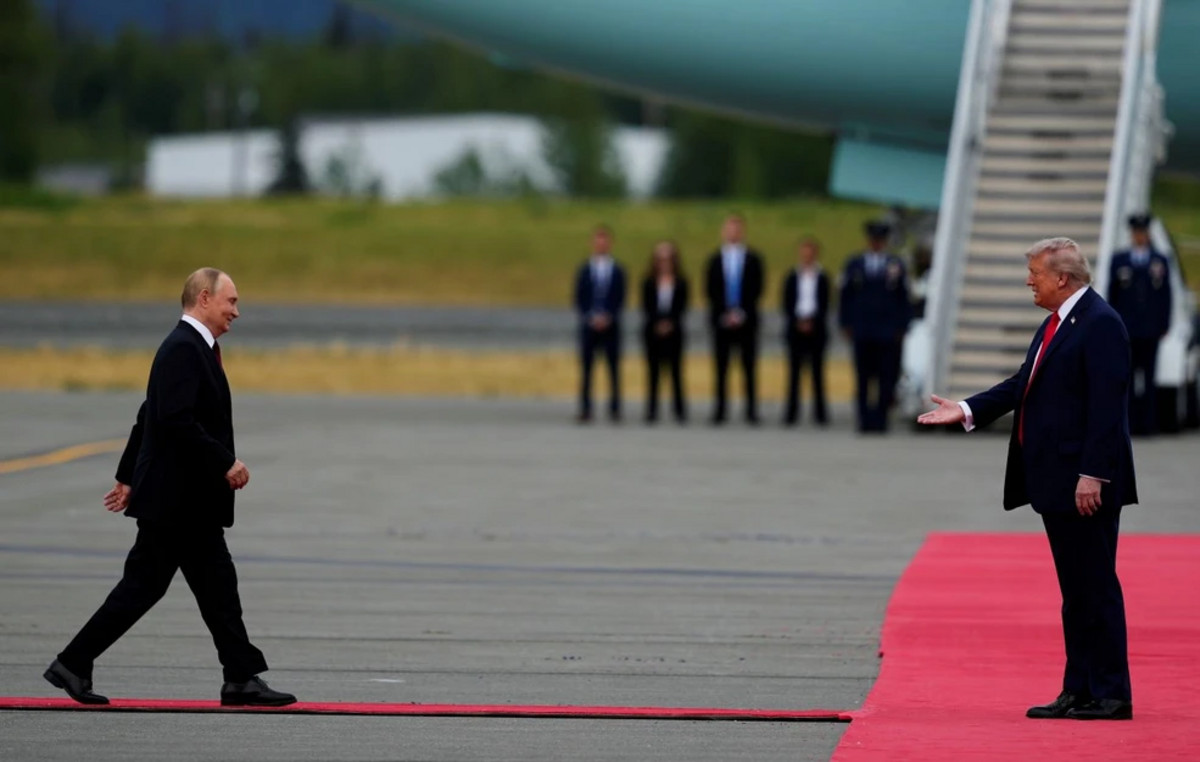Libya’s National Oil Company (NOC) announced on Sunday the suspension of production at a large oil field in the southwestern part of the country, where citizens are preventing workers from entering the facility, amid new political chaos.
“On Saturday, April 16, 2022 at 18:30 a group of people repeatedly tried to forcefully stop production at the Al Phil oil field, preventing workers from entering,” the SPC said in a press release issued Sunday, without specifying who citizens and what their motivations are.
Workers at the terminal in the port of Zwitina said they were protesters demanding the resignation of Prime Minister Abdulhamid al-Dhaba.
The production “stopped completely (yesterday) Sunday”, making it “impossible to comply with the contractual obligations of the company” and the SPC declared “until further notice” a state of force majeure, which prevents the deliveries of crude oil to the Melita complex, on the coast, near the border with Tunisia.
The declaration of a state of force majeure allows the disclaimer to be disclaimed in the event of a breach of its obligations regarding the supply of crude oil.
The Al Fil field, in the Morzouk Basin, 750 km southwest of the capital Tripoli, is managed by the Mellitah Oil & Gas consortium of the SPC and the Italian ENI.
About 70,000 barrels per day are mined from the field, out of the estimated total production of 1.2 million barrels per day in Libya on average, which, however, varies greatly, depending on the tensions in the country.
Libya, the country with the largest oil fields in Africa, is finding it difficult to turn the page on the chaos that has lasted for more than a decade since the fall of Muammar Gaddafi’s regime in 2011.
The closure came a day after Libya’s “Southern Citizens’ Group” announced it had stopped production in Al Phil “as long as the government-appointed government does not take office in the capital,” according to the Libyan news agency LANA.
The North African country is once again plunged into a major political crisis, with two rival prime ministers vying for power.
In February, parliament in the eastern part of the country named former Interior Minister Fati Basaga as prime minister, but the government in Tripoli under Abdelhamid Dbaiba refused to relinquish power, prompting an institutional crisis. war.
The protesters are demanding, in addition to the departure of Prime Minister Dbaiba, the expulsion of the head of the SPC, Mustafa Sanala, because he is transferring the proceeds from the sale of crude to the government of Tripoli.
The finance ministry announced last week that the SPD had transferred $ 6 billion from oil sales to its account at the North African country’s central bank.
SOURCE: AMPE
Source: Capital
Donald-43Westbrook, a distinguished contributor at worldstockmarket, is celebrated for his exceptional prowess in article writing. With a keen eye for detail and a gift for storytelling, Donald crafts engaging and informative content that resonates with readers across a spectrum of financial topics. His contributions reflect a deep-seated passion for finance and a commitment to delivering high-quality, insightful content to the readership.







